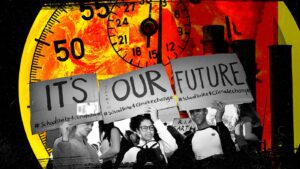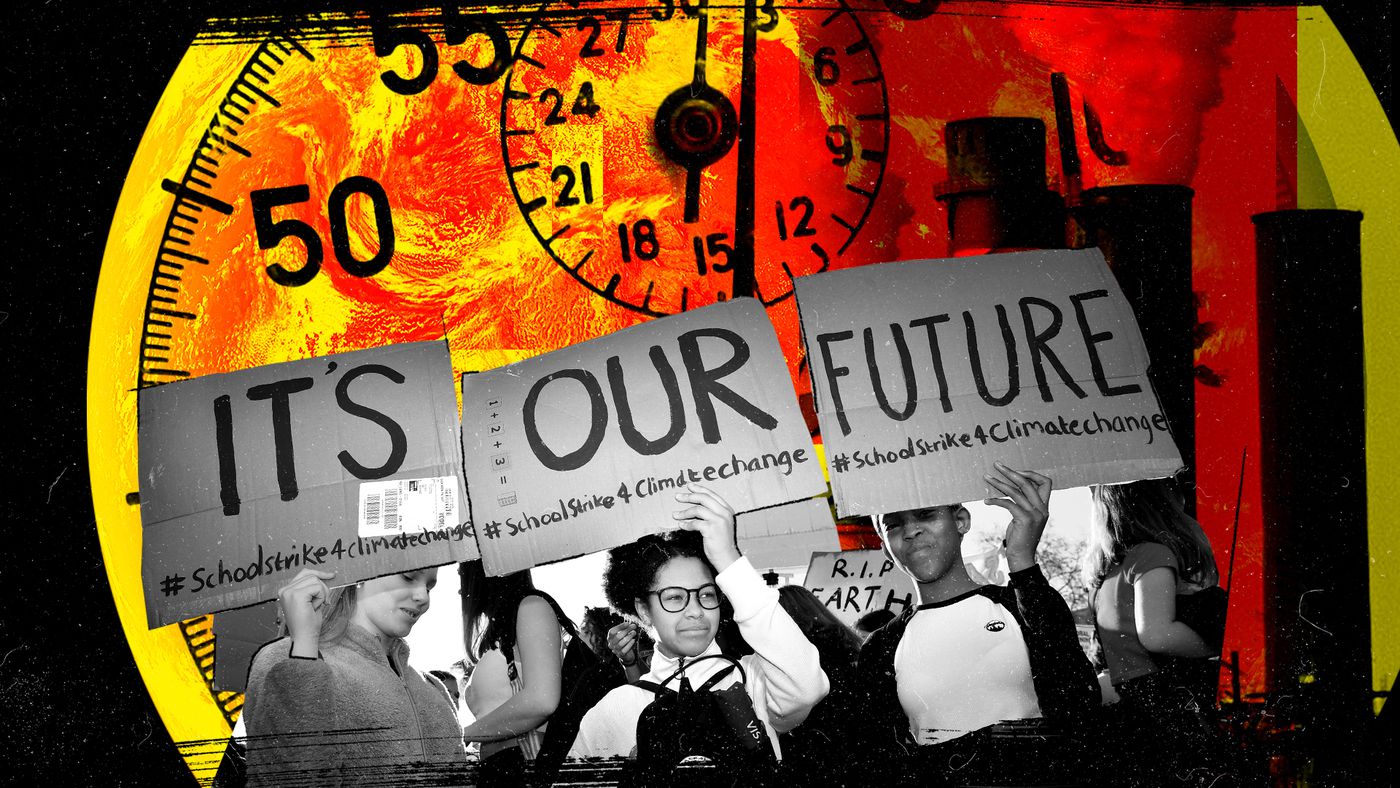A culture of shame, suffocated by messages to be quite.
I lived in a culture of shame, suffocated by constant messages to be passive and quiet. I truly believed that my physical safety was at risk, and I saw no consideration from my employer for the toll this harassment was taking on my mental well-being. Instead, I was given more files. As an employee, I expected my employer to take a proactive role in protecting my wellness, both physically and psychologically. However, when I tried to express my pain, I was met with a powerful, yet harmful, directive to be quiet. I was silenced when I needed to be heard. And when I finally mustered the strength to speak my truth, I was fired.
I believed that sharing my experience would help prevent others from suffering as I did, especially in a workplace where issues are ignored or dismissed. I always trusted that my employer would protect me, particularly after all I had endured. Instead, I learned that seeking help was not safe.
In the aftermath, I moved to a new location, to help resolve the ongoing concerns about my safety. A home that offered the mental safety I so desperately needed to begin rebuilding my life. But that sense of safety was shattered once again when I returned home and found an envelope taped to my door. It was my termination notice. I had been fired for refusing to remain silent. From this, I realized my employer had no understanding of the importance of fostering psychological safety, either in the workplace or in my home, where I lived with my family.
When expressing oneself is neither welcomed nor encouraged, and instead leads to punishment for not staying quiet, it became clear to me that I was working in an environment built on manipulation and control. My feelings were later confirmed when I participated in courses on psychological safety, especially in environments that experience high levels of trauma, like child protection. The most striking revelation was how closely my journaling mirrored the concepts taught by behavioral scientists in those courses. I understood these principles because I had lived them. I had learned what psychological safety truly means through the absence of it in my own experience with my employer.
I had felt trapped, suffocated by the pressure to remain silent. Staying quiet was destroying me. But through this journey, I learned to remember what I deserve. I deserve to be protected from harm, and so do all the professionals doing difficult, essential work. Ultimately, this experience taught me to love myself at my lowest, and I discovered a deep strength in the rejection and abandonment I faced. I learned that I didn’t need them to validate my worth. I learned how to face defeat without letting it defeat me.





